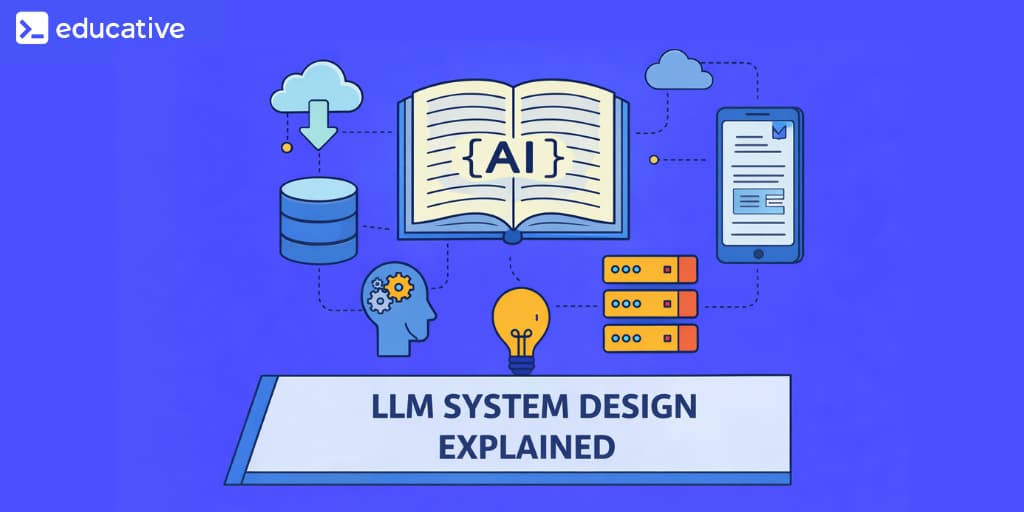LLM System Design Explained
Generative AI System Design Explained
What are the limitations of large language models (LLMs)?
How to build an Agentic Knowledge Graph
What are the differences between AI, ML and generative models?
What is the difference between LLMs and traditional NLP models?
What are the real-world use cases of AI agents in 2026?
How are LLMs trained?
Does the future of healthcare depend on Agentic RAG systems?
